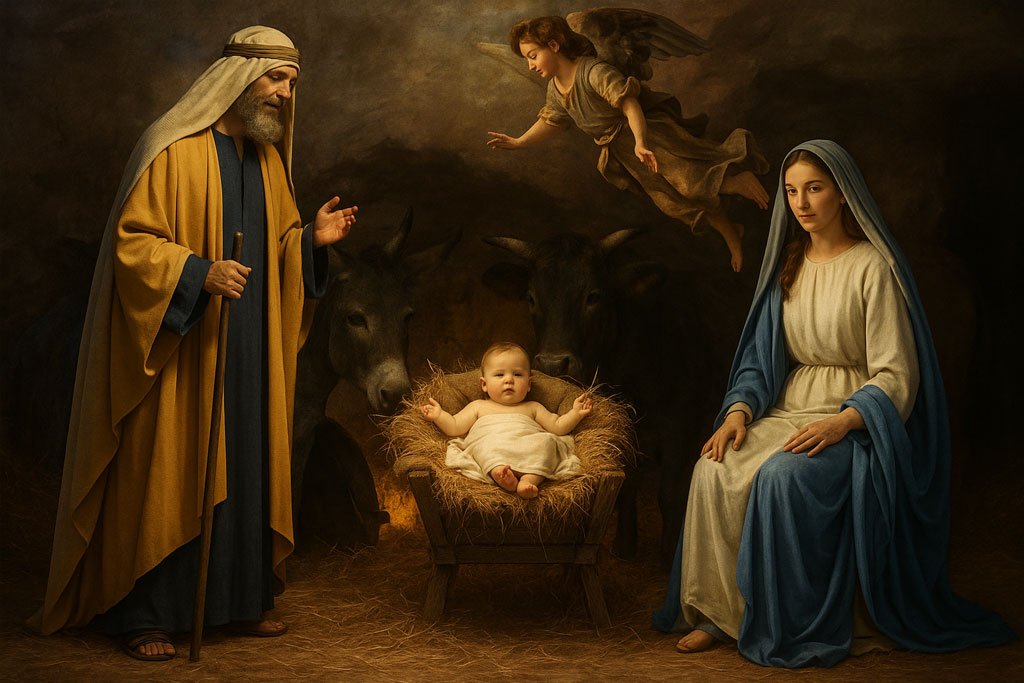Christmas decorations lighting up Donegall Square, Belfast, N.Ire.Geray Sweeney/Tourism Ireland
Christmas: presentsThe Christmas tradition of gift giving.Contunico © ZDF Enterprises GmbH, Mainz
Quedlinburg: Christmas marketTour the Christmas market in Quedlinburg, Germany.Contunico © ZDF Enterprises GmbH, Mainz
In most European countries, gifts are exchanged on Christmas Eve, December 24, in keeping with the notion that the baby Jesus was born on the night of the 24th. The morning of December 25, however, has become the time for the exchange of gifts in North America. In 17th- and 18th-century Europe the modest exchange of gifts took place in the early hours of the 25th when the family returned home from the Christmas mass. When the evening of the 24th became the time for the exchange of gifts, the Christmas mass was set into the late afternoon of that day. In North America the centrality of the morning of the 25th of December as the time for the family to open presents has led, with the exception of Catholic and some Lutheran and Episcopal churches, to the virtual end of holding church services on that day, a striking illustration of the way societal customs influence liturgical practices.
ChristmasA front yard decorated for Christmas.© Hemera/Thinkstock.
Given the importance of Christmas as one of the major Christian feast days, most European countries observe, under Christian influence, December 26 as a second Christmas holiday. This practice recalls the ancient Christian liturgical notion that the celebration of Christmas, as well as that of Easter and of Pentecost, should last the entire week. The weeklong observance, however, was successively reduced to Christmas day and a single additional holiday on December 26.
Contemporary Customs In Eastern And Oriental Orthodoxy.
Eastern Orthodox churches honour Christmas on December 25. However, for those that continue to use the Julian calendar for their liturgical observances, this date corresponds to January 7 on the Gregorian calendar. The churches of the Oriental Orthodox communion celebrate Christmas variously. For example, in Armenia, the first country to adopt Christianity as its official religion, the church uses its own calendar; the Armenian Apostolic Church honours January 6 as Christmas. In Ethiopia, where Christianity has had a home ever since the 4th century, the Ethiopian Orthodox Tewahedo Church celebrates Christmas on January 7.
